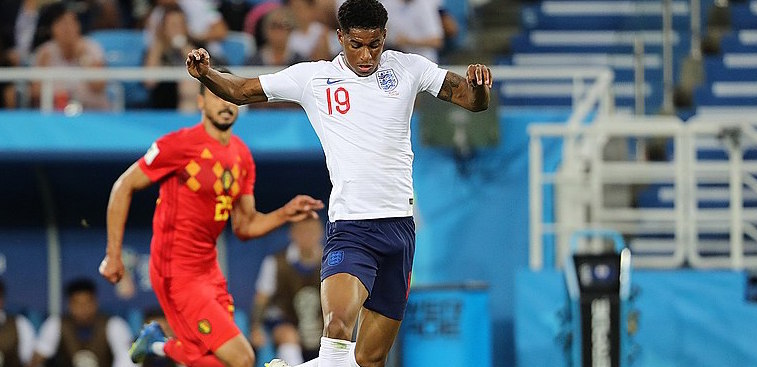Some people think the punishments governing bodies dole out don't provide enough incentive to stop the deplorable behaviour.
As a business, what should you do when your customers behave badly? That question isn’t always easy to answer. Taking a paying customer to task might stop them giving you more money in the future. It may even lead to a wider backlash if other customers (or would-be customers) side with them against you. Fear of the financial repercussions of negative feedback is a big reason for ‘the customer is always right’ school of business management.
Some people have speculated that such fear lies behind the way European football clubs, leagues and administrators approach racism at games. Many feel that the punishments dished out are too lenient, and wonder if commercial interests are the reason why. (UEFA, the administrative body that runs European football tournaments, is a non-profit, but almost all of the revenue generated from its events goes to the football clubs which make up its membership, which are for-profit. It therefore has an incentive to make as much money as possible.)
UEFA denies that it is soft on racists, saying its punishments are “among the toughest in sport”. If so, they don’t seem to be tough enough. On Monday, a European Championship match between England and Bulgaria became the latest to be marred by racist remarks and gestures from some Bulgarian fans.
Up to now, the primary way UEFA has dealt with racist abuse from fans is to fine their football team. A problem with that approach is that the people responsible for the ruckus don’t directly experience any consequences, which means they don’t have much incentive to stop the behaviour. Now UEFA has introduced a new system, which it deployed in the Bulgaria-England match. If the crowd doesn’t heed a broadcasted warning, UEFA will stop the game (temporarily first, then completely).
Unlike fines, abandoning a match imposes direct losses onto the perpetrators of the abuse - they can no longer see the match they paid to see. Of course, it also doles out the same punishment to crowd members who did nothing wrong. There’s a benefit to that: it gives crowd members an incentive to stop their racist neighbours from acting up. But it could also cause a backlash. (Ticket holders of an abandoned-then-rescheduled match are not entitled to a refund if they can’t attend the replay). And that risk of backlash might make UEFA think twice about enacting this punishment in the first place.
Read our explainer on: how economists think people think.

